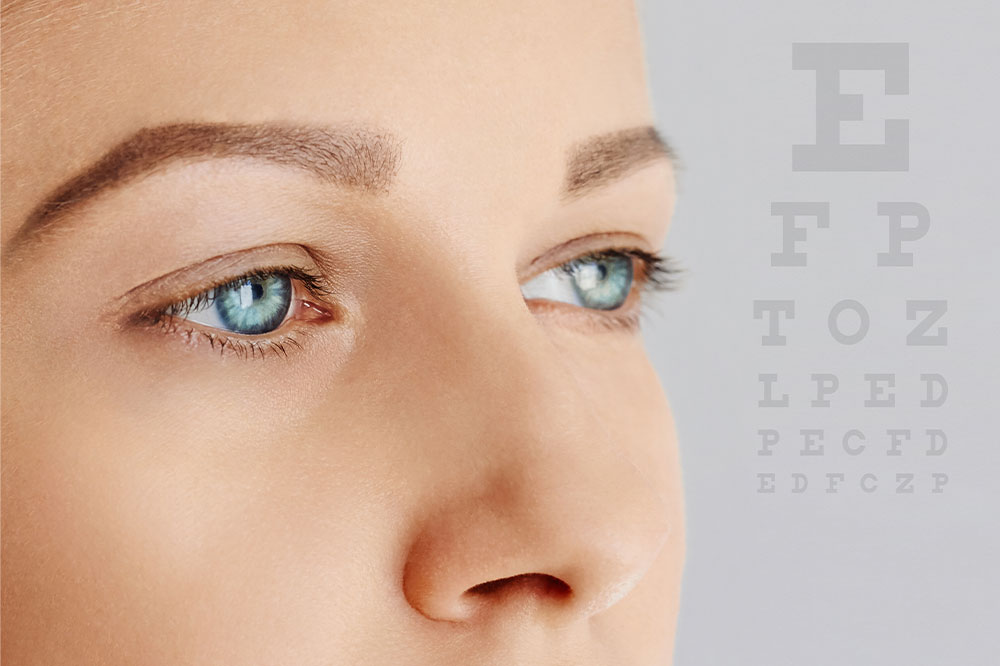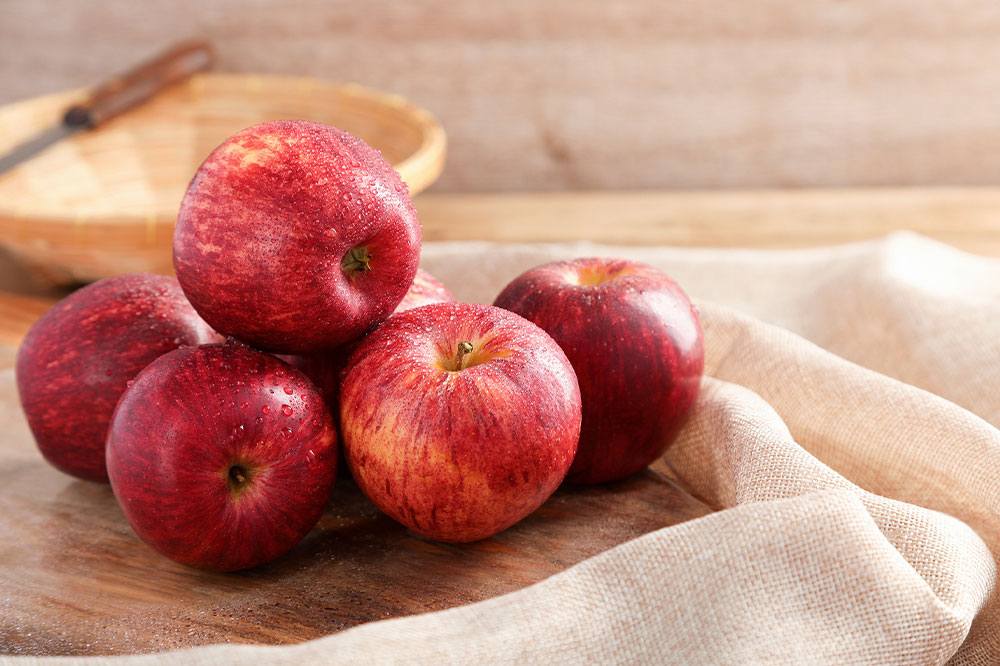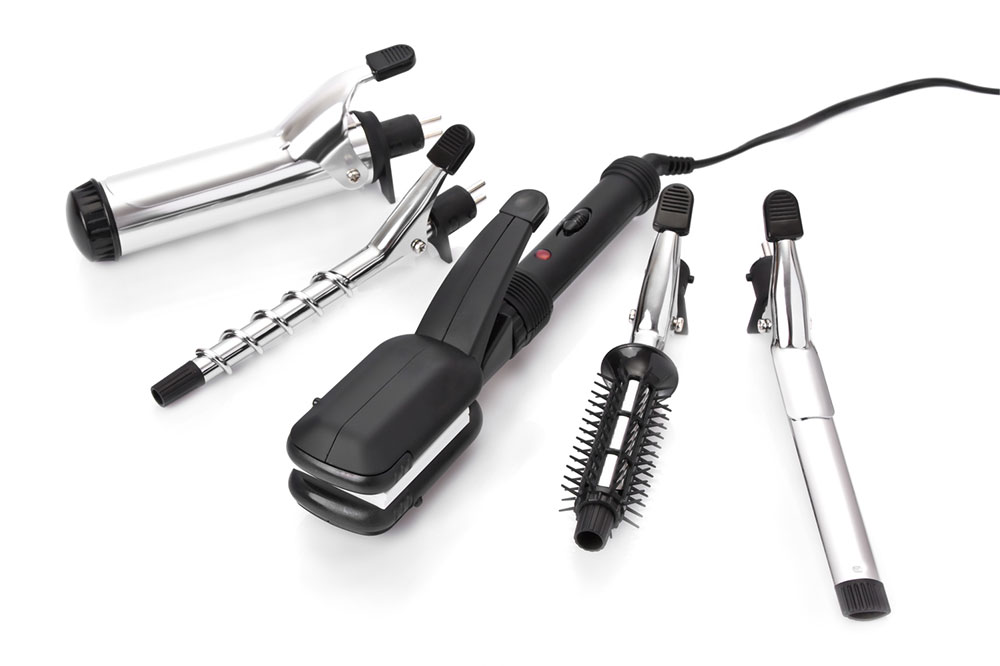4 vitamins that help maintain eye health

Eyesight is one of the most crucial senses, so the eyes need proper care on a daily basis. Multiple eye health complications can develop due to poor nutrition and improper care. If left unchecked, these problems may trigger vision loss or distorted vision, requiring corrective measures like eyeglasses or lenses. However, one can ensure that they have certain vitamins that are absolutely vital nutrients to protect the eyes and improve vision.
Vitamin A
Most fruits and vegetables contain vitamin A and plant compounds like beta carotene. Studies show that vitamin A helps improve visibility in low lighting conditions. The body also converts essential beta carotene compounds into vitamin A to further meet daily requirements. Beta carotene is instrumental in enabling the retina to produce more pigments that help enhance visibility. Additionally, the eyes also benefit from compounds like lutein and zeaxanthin found in plant-based foods. This is why nutritionists recommend adding carrots, red peppers, sweet potatoes, and pumpkins to daily meals. Ideally, nutritionists recommend maintaining a steady daily intake of up to 900 micrograms of vitamin A for men and 700 micrograms for women.
Vitamin E
The eyes also need antioxidants to combat free radicals triggering cell damage in healthy tissues. Studies show that prolonged damage can compromise vision in the long run and increase the risk of eye complications, resulting in permanent vision loss. This is why nutritionists recommend adding more vitamin E sourced from fresh asparagus, soybean, and corn. Nuts like almonds, peanuts, and flax seeds are also rich sources to include in daily foods. In addition, replacing hydrogenated vegetable oils with safflower or wheat germ oils will ensure a steady vitamin E intake. Major nutritional deficiencies can also be managed with prescription supplements of this vitamin to prevent eye complications with advancing age.
Vitamin C
Research suggests that low immunity and oxidative stress are the main reasons for the premature development of cataracts. Men and women are at equal risk of complications like nuclear cataracts and cortical cataracts caused by oxidative stress. To counter these effects, nutritionists recommend maintaining an intake of about 75mg of vitamin C for women and around 90mg for men; this can help boost one’s immunity. Vitamin C also protects the eyes from oxidative damage triggered by exposure to UV rays. One should include more broccoli, Brussels sprouts, oranges, and grapefruits in their daily meals.
B vitamins
Deficiencies of B vitamins also increase the risk of age-related macular degeneration and glaucoma. Those affected by diabetes or high blood pressure should be extremely careful about vitamin deficiencies that could trigger vision problems. Riboflavin, niacin, cobalamin, pyridoxine, and folic acid are the top five B vitamins that help boost eye health and enhance vision. Common veggies, nuts, and grains can supplement most of the vitamins—from B1 to B12—deemed necessary to maintain eye health. Most popular sources include eggs and seafood rich in omega 3s, nuts like almonds and peanuts, beans, lentils, legumes, green peas, dark green vegetables, and chickpeas. Nutritionists may even recommend oral supplements to counter B vitamin deficiencies.
Astigmatism correction
Common eye problems like cataracts, macular degeneration, and even blurry vision can cause nearsightedness or farsightedness. Nutritional deficiencies that start as a result of overconsumption of processed, fatty, salty, and preservative-based foods damage healthy cells in the eye, causing vision loss. Even after treatment, it may become necessary to wear some form of ocular device like glasses or contact lenses to correct distorted vision (astigmatism). Special contact lenses for astigmatism, like toric lenses, are designed to bend and focus light properly into the retina to correct mild to moderate blurry vision. These lenses allow the cornea to identify objects with proper daily use. As the severity of the symptoms of various eye complications may vary from person to person, apart from contact lenses for astigmatism, doctors may recommend eye surgery.
One should consult a certified nutritionist to prepare a proper daily nutrition chart that includes vitamins essential for eye health.









